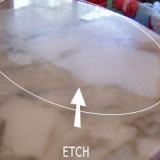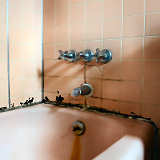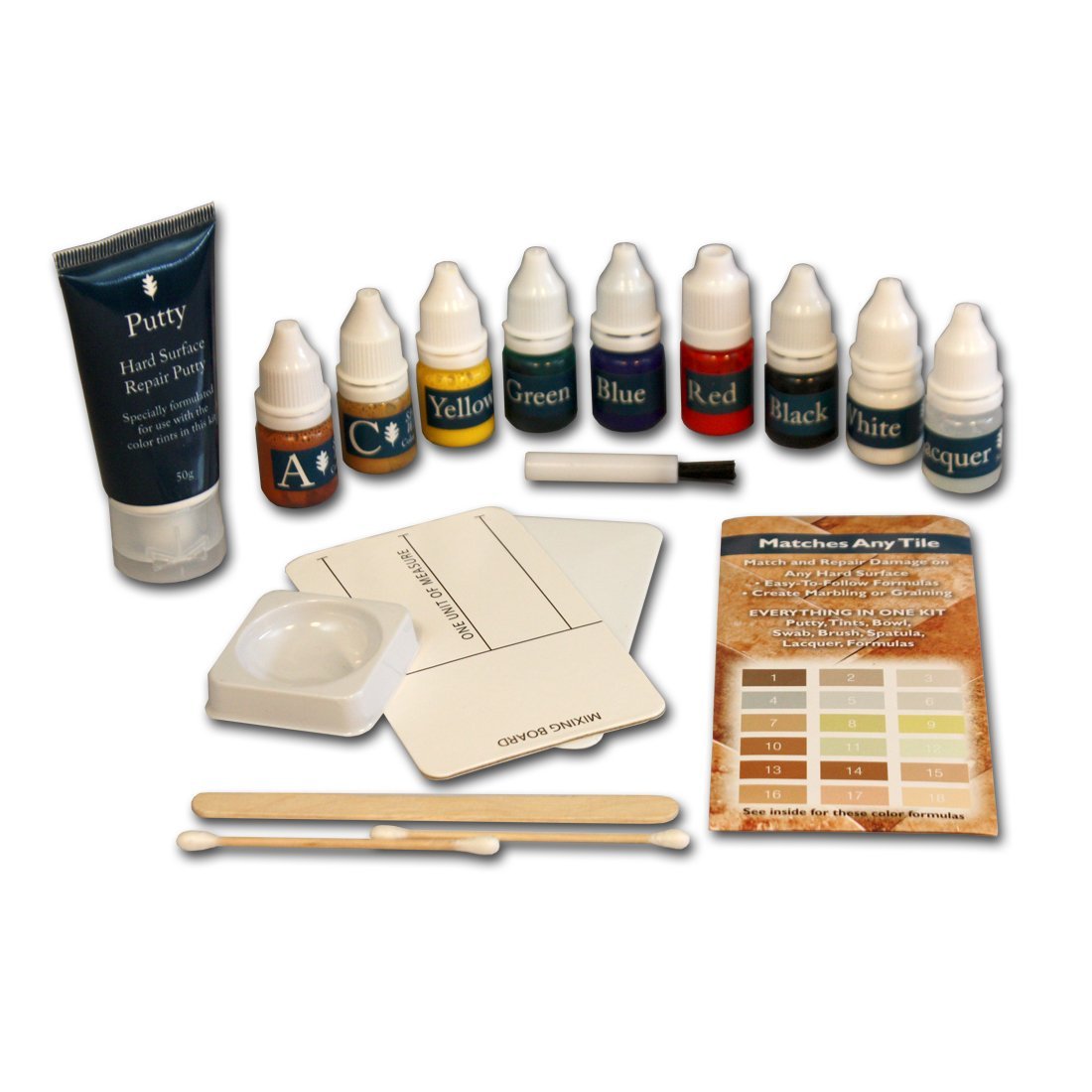Stone and Granite Sealers
What's All The Hype About?
We get a lot of questions about stone & granite sealers and sealing in general. We certainly understand why. Most frequently we hear...
"Does my natural stone need to be sealed?"
Contrary to what you may have heard, there is NO EASY ANSWER! Differing opinions in the stone industry have created a good deal of confusion, not only among consumers, but among some stone professionals as well.
We know we use stone or granite sealers because some natural stones are more prone to staining. AND, deeply embedded stains can be prevented by using high quality below the surface sealers, also known as "impregnating sealers".
"True" staining occurs when substances are actually absorbed through the natural pores of the stone. Some Natural Stones are very dense and virtually non absorbent. Others are very loose and extremely absorbent. Now, factor in the myriad of stones available in the marketplace. Is it possible to know each and every stone and how absorbent it is? Probably not.
Over time, the solution has been to categorize natural stone into classes to determine which ones are more absorbent. That sounds easy enough ... but what happens when different stones are traded under the same name.
Let's Look At Marble
Different marbles have different degrees of absorption.
For example, serpentine (green marble) and ophicalcite (another type of marble either green or dark burgundy. ie: Verde Alpi and Rosso Levanto) are both traded as marble, even though neither one of them is considered geological marble and both have different degrees of absorbency.
Serpentine is absorbent and does need sealing when it's installed in an environment where staining is likely to occur.
On the other hand, and contrary to what most consumers have been led to believe ... most geological marble and travertine stones are very dense and in many cases, they don't even need to be sealed! See for yourself by trying the water test.
Let's Move On To Granite
We know that "true granite" (geological granite) is porous and a granite sealer should be applied if it's installed in a kitchen to prevent staining. But what happens when different stones are traded under the same name - Granite?
Exactly what happened to marble, but it's even more dramatic and more confusing.
Some stones that are traded as granite are virtually waterproof; others are almost as absorbent as a sponge. Once again, it is virtually IMPOSSIBLE to know each and every stone and how absorbent it is! There are just too many!
What recommendations are typically given in these extreme cases?
What we hear most of the time ... ALL natural stone must be sealed, period.
This brings us right back to your original question.
"Does my natural stone need to be sealed?"
There is no easy answer! Not all is lost, however. If you're thinking about "Granite" or any other natural stone for your kitchen countertop, try the oil and lemon juice test to determine if the stone you're considering should be sealed.
If you've already had your stone installed and you want to know if it's sealed or when it needs to be resealed - use the water test.





